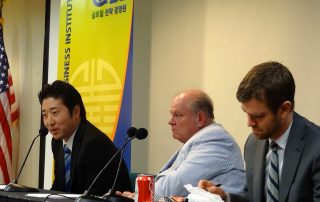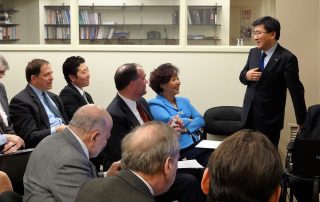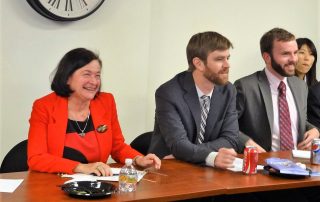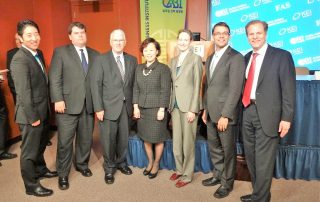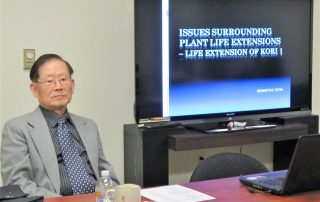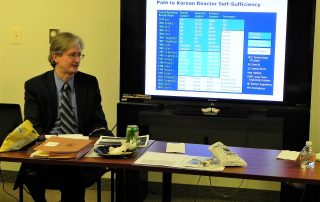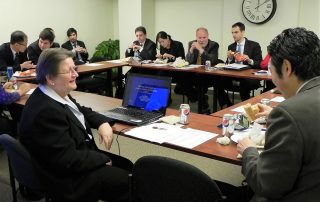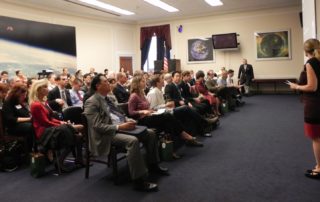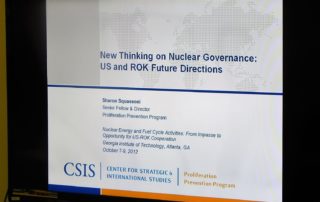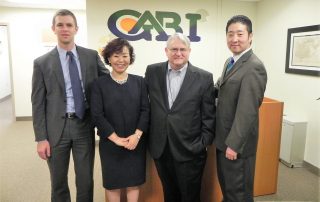At present, dialogue on nuclear technology in Washington, DC has tended to focus on issues related to nuclear materials security, nonproliferation, and arms control issues, rather than nuclear power. As a result, the policy community in Washington tends view nuclear power technologies with some skepticism. Given this environment, it is GABI’s commitment to promote, educate, and enhance the understanding of the vital role of nuclear power from the perspective of ensuring energy security, reliability and sustainability.
123 Not as Easy as ABC for Congress
123 Not as Easy as ABC for Congress April 03, 2013 As the unofficial deadline for reaching an agreement in the 123 negotiations between the US and South Korea reaches closer, tensions and instability on the Korean Peninsula and the surrounding region have complicated the 123 process from the perspective of the US Congress. Pyongyang’s

